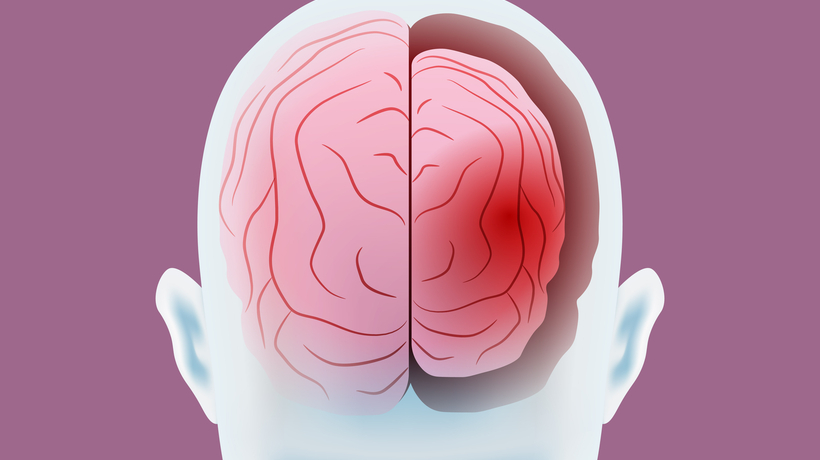Vascular dementia affects the brain’s planning, judgment, memory, reasoning and thought processes. This type of dementia is caused by brain damage from impaired blood flow.
Vascular dementia can develop after a stroke, blocking blood flow to the brain. It can also result from other conditions that damage blood vessels, reduce circulation or deprive your brain of proper oxygen and nutrients.
Diabetes, high blood pressure, high cholesterol and smoking can increase your risk for strokes. Controlling these factors may lower your chances of developing vascular dementia.
Symptoms of Vascular Dementia
Vascular dementia symptoms often overlap with Alzheimer’s symptoms. The most significant symptoms of vascular dementia involve thinking speed and problem solving rather than memory loss.
According to the Mayo Clinic, vascular dementia symptoms include:
- Confusion
- Trouble paying attention and concentrating
- Reduced ability to organize thoughts or actions
- A decline in the ability to analyze a situation, develop a plan and communicate that plan to others
- Slowed thinking
- Difficulty with organization
- Difficulty deciding on a task to do next
- Memory problems
- Restlessness
- Unsteady walk
- Frequent urination
- Depression
Vascular dementia symptoms may follow a series of strokes or ministrokes, and signs may be the clearest after a stroke.
Causes of Vascular Dementia
Vascular dementia results from conditions that damage your brain’s blood vessels, causing your brain to lack oxygen and nutrients.
Conditions that may lead to vascular dementia include:
- Stroke (infarction) blocking a brain artery: Strokes that block brain arteries can cause vascular dementia. Some strokes don’t cause any noticeable symptoms, but silent strokes still increase dementia risk.
- Brain hemorrhage: Brain hemorrhages are often caused by high blood pressure and weakens the blood vessels, leading to bleeding in the brain.
- Narrow or chronically damaged brain blood vessels: Conditions that cause long-term damage to your brain blood vessels include aging, high blood pressure, abnormal aging of blood vessels and diabetes.
Vascular Dementia Prevention
Taking certain steps may help reduce your risk of vascular dementia:
- Maintain healthy blood pressure: Maintaining your blood pressure in a healthy range can decrease your risk for vascular dementia and Alzheimers.
- Prevent or control diabetes: Prevention of type 2 diabetes can be done with diet and exercise. If you already have diabetes, controlling your glucose levels may protect against blood vessel damage.
- Quit smoking: Smoking tobacco damages blood vessels in every part of your body.
- Physical exercise: Regular, physical exercise can reduce your risk of vascular dementia.
- Maintain a normal cholesterol level: By reducing the amount of plague and your arteries, maintaining a low-fat diet can help reduce your risk for vascular dementia
For more information on vascular dementia, visit www.Mayoclinic.com.



